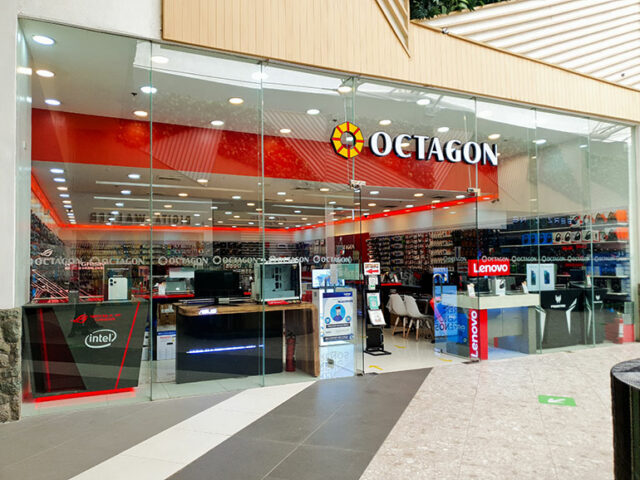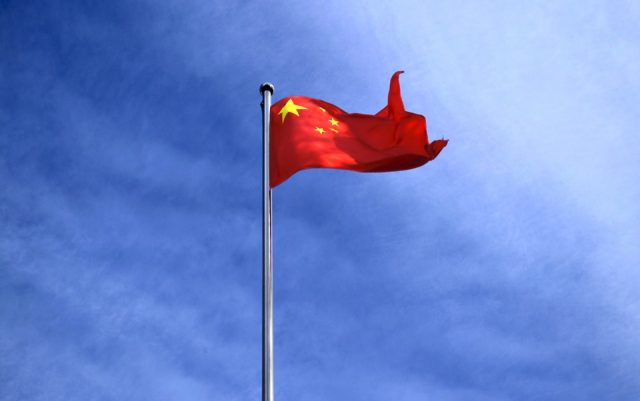Fed’s Waller says he is inclined to cut rates in December
WASHINGTON — Federal Reserve Governor Christopher Waller, whose views are often a bellwether for U.S. monetary policy, said on Monday that with inflation still forecast to fall to 2% he is inclined “at present” to support another interest rate cut later this month.
The comments from a key US rate-setter led investors to boost expectations for a rate cut at the Fed’s December 17-18 meeting to nearly 75%, and pushed down yields on the two-year Treasury note.
“Policy is still restrictive enough that an additional cut at our next meeting will not dramatically change the stance of monetary policy and allow ample scope to later slow the pace of rate cuts, if needed, to maintain progress toward our inflation target,” Waller told a central bank symposium organized by the American Institute for Economic Research.
Fed officials are nearing the blackout period for public comments ahead of the December meeting. Atlanta Fed President Raphael Bostic on Monday said he did not consider the outcome of that gathering “preordained.”
New York Fed President John Williams in his prepared remarks did not address the December question but said that he expects the Fed will need to cut rates further “over time.”
Fed Chair Jerome Powell is set to add his voice to the debate with public remarks in New York on Wednesday.
Both Waller and Bostic said data on inflation, jobs, and consumer spending, issued between now and the Fed meeting, will be important in deciding if rates should be cut as expected or not.
“All of that information will help me decide whether to cut or skip. As of today, I am leaning toward continuing the work we have started in returning monetary policy to a more neutral setting” with continued rate cuts, said Waller, a key voice in shaping the Fed’s response to inflation that erupted to a 40-year high in 2022.
DATA MATTERS
The Fed began reducing interest rates in September with a half-point reduction, following that with a quarter-point cut in November.
A further quarter-point cut in December has been expected, but recent inflation data raised concern that progress may have stalled. One key measure, the personal consumption expenditures price index stripped of food and energy costs, has been mired in a range from 2.6% to 2.8% since May, well above the Fed’s 2% target.
“If the data we receive between today and the next meeting surprise in a way that suggests our forecasts of slowing inflation and a moderating but still-solid economy are wrong, then I will be supportive of holding the policy rate constant,” Waller said.
Waller said rates are also likely to continue falling next year, though the pace and degree of reduction remain to be determined. The Fed will issue new economic projections at its next meeting to show how far officials expect to cut their benchmark rate next year.
The rate is currently set in a range between 4.5% and 4.75%.
“The evidence is strong that policy continues to be significantly restrictive and that cutting again will only mean that we arenít pressing on the brake pedal quite as hard,” Waller said. “I expect rate cuts to continue over the next year until we approach a more neutral setting of the policy rate.”
Recent data “tells a fairly consistent story over the past year about moderating demand relative to supply, consistent with continued progress toward 2% inflation and without an undesirable weakening in the labor market,” said Waller, a fitness buff who compared the Fed’s battle with inflation to a mixed martial arts fighter in that sport’s unique arena.
“Let me assure you that submission is inevitable – inflation isnít getting out of the octagon,” Waller said. — Reuters



 Accessibility:
Accessibility:  For more information, visit
For more information, visit 








